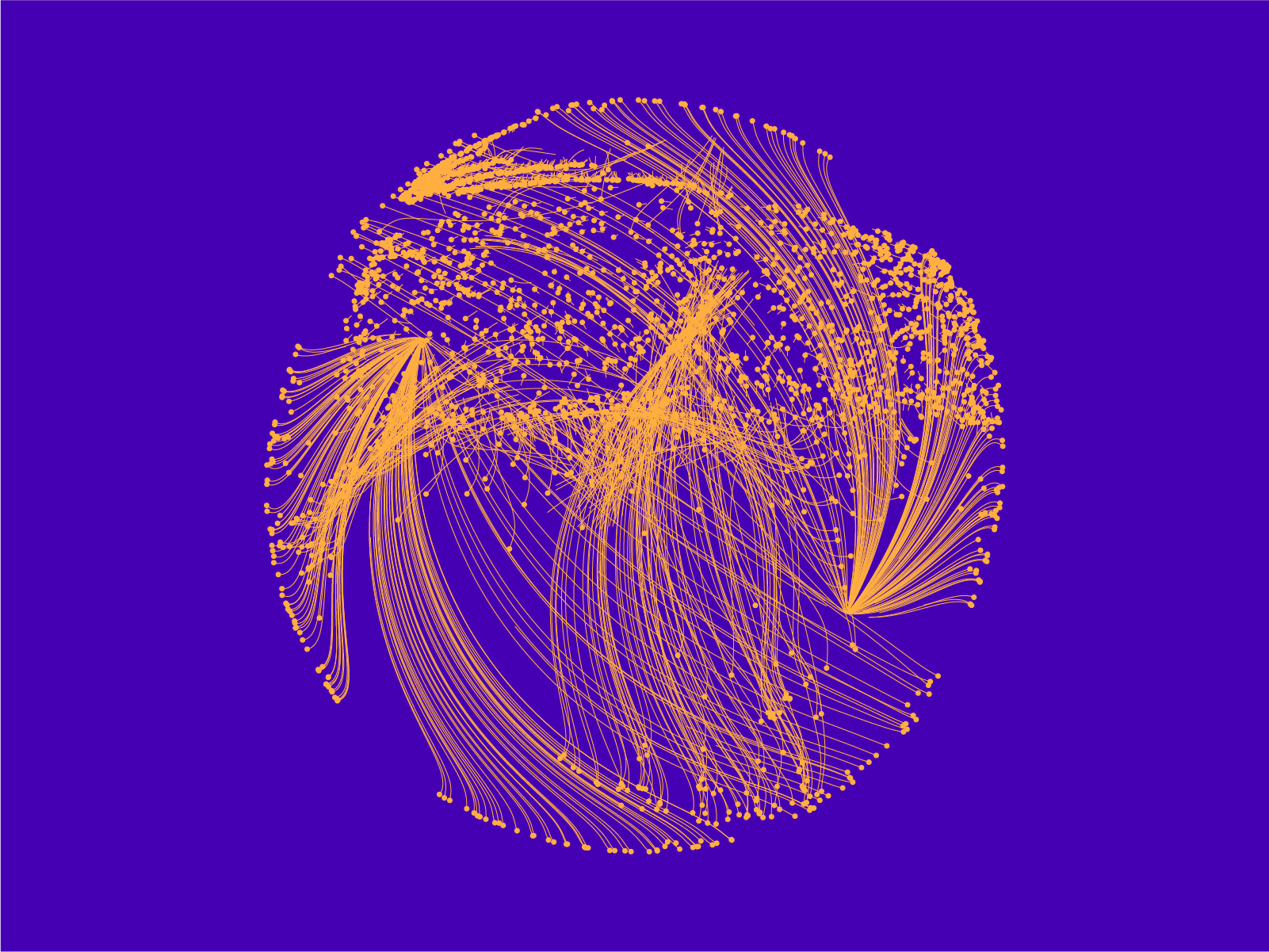Miri Stryjan
Assistant Professor @ Aalto University
Members
-
Kwabena Adu-Ababio
Research Associate @ UNU-WIDER
Susmita Baulia
Post-doc @ University of Turku
Omar Guererro
University Lecturer @ University of Helsinki
Matias Giaccobasso
Senior Researcher @ VATT
Maria Jouste
Research Associate @ UNU-WIDER
Ashim Kumar Kar
Sessional Teacher @ University of Helsinki
Milla Nyyssölä
Chief Researcher @ Labore
Jukka Pirttilä
Deputy Academic Director of Helsinki GSE, Professor @ University of Helsinki
Pia Rattenhuber
Research Fellow @ UNU-WIDER
Ritva Reinikka
Senior Fellow @ Aalto University
Kunal Sen
Professor @ UNU-WIDER
PhD Students
-
Nhi Cao
PhD Student @ Hanken School of Economics
Anna Holvio
PhD Student @ Aalto University
Daniel Peredo Siles
PhD Student @ Hanken School of Economics
Satu Suonto
PhD Student @ University of Helsinki
-
Viola Asri
CMI
The content of this event has not been announced yet. Please check back later.
- Development Economics
- Seminar
-
Justine Knebelmann
Sciences Po
The content of this event has not been announced yet. Please check back later.
- Development Economics
- Seminar
